|
Once again we turn our blog page over to a guest blogger. The views expressed are those of the blog's author and don't necessarily represent the views of Selfishgenie Publishing 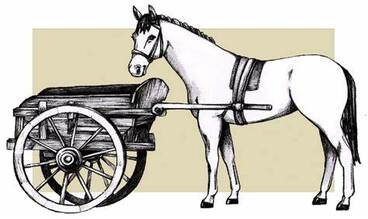 Have you noticed how books are all starting to conform to a pattern these days? After reading the start of a few books quite recently I rejected them, but it was only after I rejected them that I started to realise that the reason I rejected them was because they weren’t conforming to the pattern. Therefore, I wasn’t prepared to carry on reading them. Which was most unfair on the authors who had invested so much time in writing them. So, what is the pattern? It’s the habit many authors now have of hitting the reader between the eyes on page one of the book, with some sort of action scene, before dialling down the action to properly introduce the characters and develop the plot. They then pick up where the action left off and continue the story in a more linear fashion. I have to plead guilty with regards to my own books. It doesn’t just apply to books that are action focused. Romances, too, sometimes start in the middle before returning to the beginning. So, has this always been the way books were written? Going back deep into history, to the start of my own reading, I remember that stories happened in a predictable order. There was the beginning, where the characters were introduced and the starting point of the story was established, then a middle, where the plot was developed, then an end, where the climax was reached and everyone lived happily ever after. This allowed the author to develop their characters before launching them into their adventures. Who could imagine “Pride and Prejudice” being a success if we didn’t know all about Elizabeth Bennet’s personality from the very start. 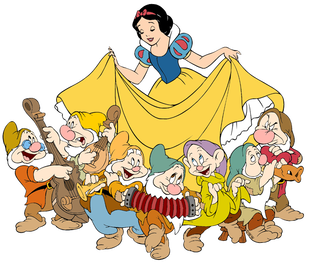 If you think about the fairy stories of childhood, they always conformed to the beginning, middle and end pattern. We don’t first encounter Snow White breaking into the Seven Dwarves’ house, then go back to find out that she was sent out with the huntsman to be murdered on the orders of her wicked stepmother. Similarly, we don’t first encounter Cinderella running away from the ball, losing her glass slipper on the way, then go back to the kitchen to find out she is being bullied by her wicked stepmother and the ugly sisters.. Of course, those stories are for children and a child’s unsophisticated mind couldn’t follow a story told any other way. But what we learn as children tends to stay with us for life. As we grow up the stories still follow the beginning, middle and end paradigm until we reach adulthood. Then mayhem ensues. 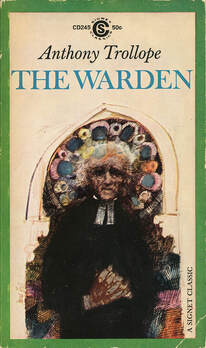 The problem with this traditional style of storytelling, of course, is that it takes time to introduce characters, explain who they are and what they are doing. I remember having been bored silly by “The Warden”, a novel by Anthony Trollope and considered to be a classic. The reason I was trying to read it was because it was a set book for my English exams and I was supposed to be learning how to use language and how to tell a story properly. Today Trollope’s book might never find a publisher, because it takes so long to get going (no great loss if you ask me). The same could be said of many other books that are regarded as classics. So why this change in the approach to storytelling? Well, literary agents are partly to blame (or are they?). When an author wishes to submit a book to an agent in order to try to get a publishing deal, the first thing they do is go onto the agent’s website and read the submission guidelines. These are invariably the same. Submit no more than the first 10,000 words or the first 3 chapters. If the agent likes what they read, they will ask for more. If not, they won’t. Even when it comes to publishers who accept submissions direct from authors, the word limit is usually still applied.  So that’s it guys and gals. If you can’t grab the agent’s attention in those 10,000 or so words your book will be rejected. So, in order to deal with that the author tries to inject some action into the first thousand words in the hope that the agent reads on. The result is that the middle of the book, or at least part of it, gets stuck in before the beginning. However, is it really the agent’s fault? After all, isn’t the author making a rather large assumption about what the agent wants to read and is tailoring their book on the basis of that assumption. Maybe the agent actually wants to see how the characters are developed and how the plot unfolds. Maybe that is why so many authors receive rejection letters. Maybe we are making our submissions based on false assumptions. If you are an agent or publisher reading this, perhaps you’d like to comment.  Then there is Amazon. Their “look inside” feature gives the purchaser the opportunity to read a couple of thousand words of a book before they purchase it. This is to match the experience of the “browser”; the reader in the bookshop or library who has the time to spare to actually read the first few pages of the book before they decide whether or not to borrow or buy it. So, again, the author may set out to grab the reader’s attention so that they don’t put the book back down again. But again are we, the authors, usurping the process by making the assumption that the reader won’t borrow or buy our book if we don’t hit them between the eyes on the very first page. It is said that the first line of a book must be an attention grabber. That’s fair enough, but that doesn’t mean that the author then has to launch into climactic action before the reader even knows who the characters are. 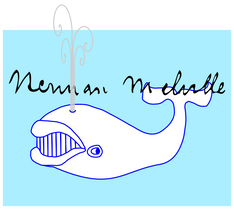 As part of the research for this blog (yes, I do research) I read the ‘look inside’ portion of Herman Melville’s “Moby Dick”. This, of course, is reckoned to be another classic. But based on what I read, I wouldn’t buy it. To be sure, Melville’s use of language is beautiful, but in the opening pages of the book not a lot happens. The reader isn’t even told that a whale is involved. We don't even find out who Ishmael is or what he has to do with the story (not a lot, as it turns out). So, is it therefore not the reader’s fault that the whole nature of storytelling has changed? We expect instant gratification. We want the action to start on Page One, and if it doesn’t we put the book down and move on.  Thinking about this made me think about films (movies) and the way they now tell their stories. We are used to James Bond films, for example, where Bond is always in mortal combat with an enemy in the opening scenes of the film, well before the title music starts up. Other films also use this technique. So, maybe, in our minds, we have started to think that is how our stories should be told. We, too, are putting the action in before the metaphorical title music. So, when an author goes back to the traditional beginning, middle and end format for writing, we think it a little bit odd. Is this what guided my decisions to reject certain books? Or is it just me? I may have been rejecting masterpieces, simply because I didn’t have the patience to let the author tell the story properly. I have had the same conversation with my wife when new TV dramas start up. It’s a bit boring, she’ll say, and my reply will be that we have to establish who everyone is first and how they connect together.  Again, thinking of TV crime shows in particular, they often open up with a dead body and it takes the rest of the story to find out who the dead person really was, and all their little quirks and foibles which led them to being bumped off. Along the way we also find out about the police officers who are investigating the death, but not until after the body is found. Would I still watch the programme if it unfolded any other way? I can hardly complain that a character is underdeveloped if I won’t give the author time to develop him or her. I can’t complain about the plot being difficult to follow if I don’t give the author time to explain what is happening. This is particularly so when it comes to back story. It is like trying to tell the story of World War II without first telling the reader who the Nazis were. Will I be changing the way I write my own stories as a result of what I have deduced? I don’t know. I rather like hitting the reader between the eyes on Page One. I don’t do it in every book I have written, but I have to admit to doing it in the majority of them. Judge for yourselves whether it is the right technique. Just click on the “books” tab at the top of this page to find out more. If you enjoyed this blog, or found it informative, be sure not miss future editions by signing up for our newsletter. Just click on the button below. We'll even let you choose a FREE ebook for doing it. Do you fancy being a guest blogger for Selfishgenie Publishing? Just email us and tell us what you would like to blog about. Find our email address on our "Contact" page.
1 Comment
Chris
16/7/2022 03:15:16 pm
The issue stems from the balance of today's readers.
Reply
Leave a Reply. |
AuthorThis blog is compiled and curated by the Selfishgenie publishing team. Archives
March 2025
|
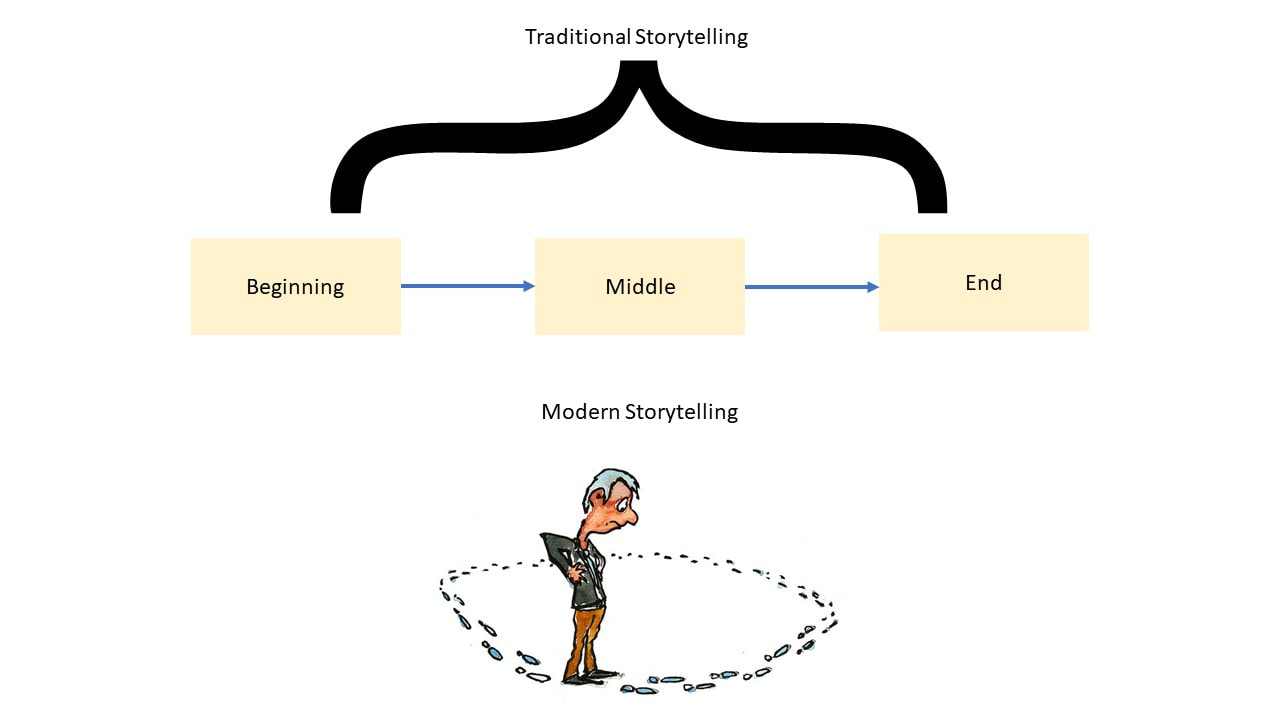
 RSS Feed
RSS Feed